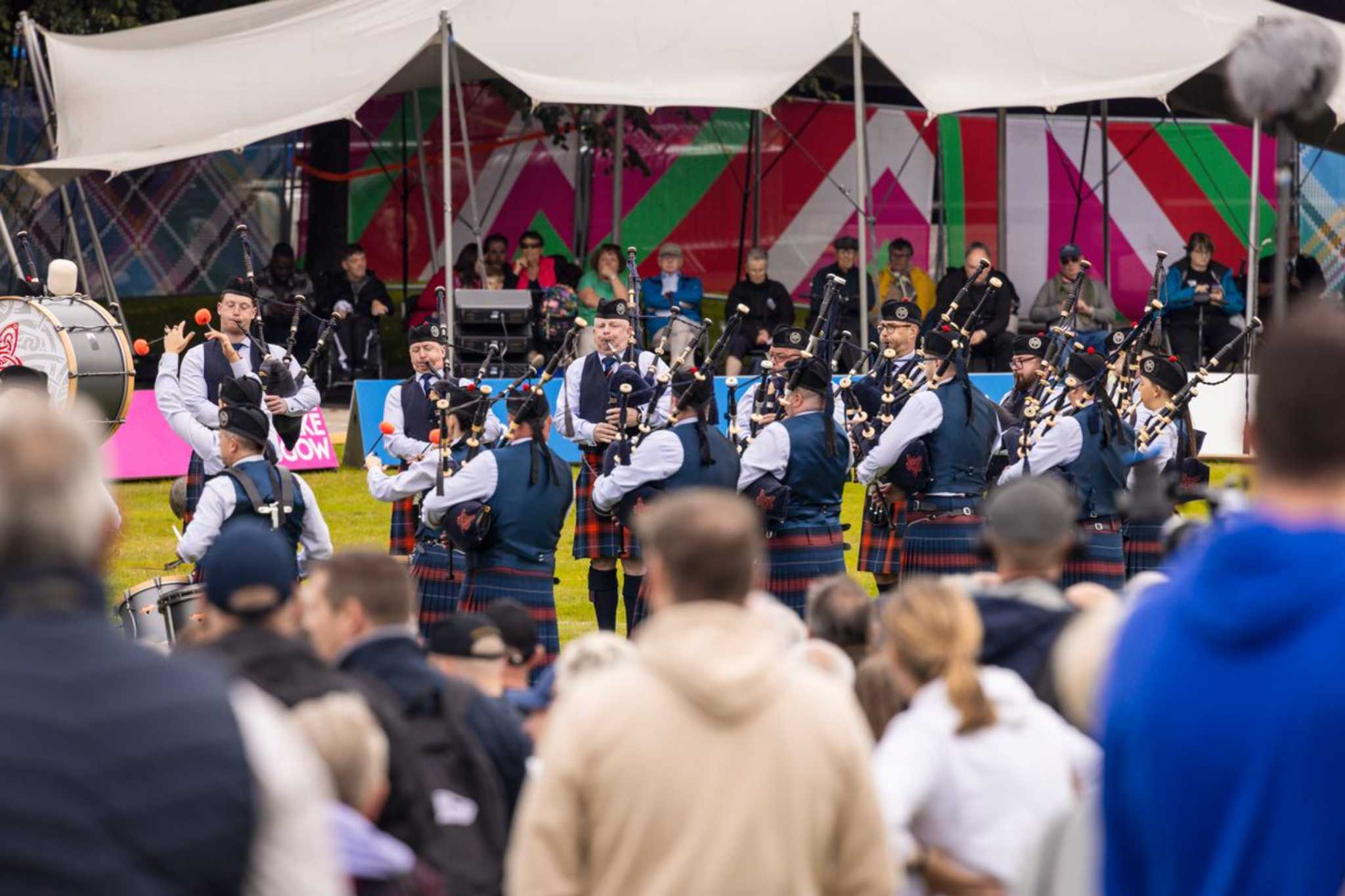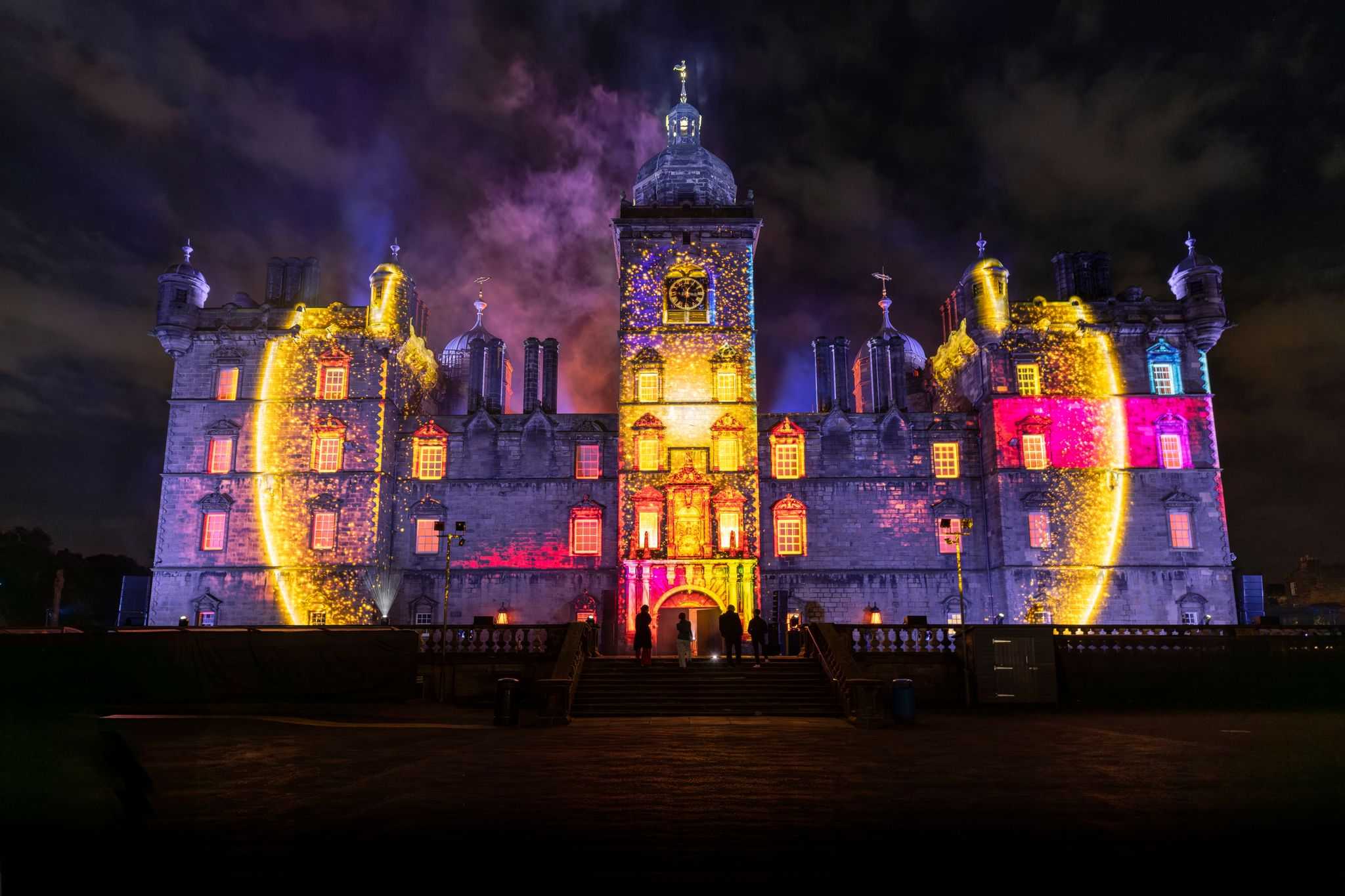
Enchanted Forest installation
© VisitScotland/Kenny Lam
Good ideas can come from anywhere and there are many reasons why you may be planning to organise an event in Scotland.
This could be to:
- showcase or develop a particular cultural or sporting activity – such as literature or cycling
- create a competitive or mass participation sporting event – such as a running festival
- encourage and celebrate community activity – such as a traditional festival, parade or Christmas event
- celebrate a unique aspect associated with your city, town or local area – such as using an historic building as a venue, paying tribute to a famous resident from the past or something that originated in your town, such as curling from Paisley
- mark an historic occasion, national day or local holiday – such as St Andrews Day, Hogmanay or Burns Night
- mark an opening or launch – such as a new distillery opening day
Your event may touch on more than one area, but if you’re just starting out, it can help to have a single concept which you can deliver well, rather than trying to do too much too soon.
Whatever the reason for your event, always take time to assess the various success/risk factors associated with its delivery.
Review research and the National Events Strategy
As you develop your idea, its good practice to check what’s happening in the wider events market – what events might be competition for you, what do your audience want and how does your event fit with the national strategy?
Updated in 2024, Scotland’s National Events Strategy gives a strategic focus for everyone involved in planning, securing, supporting and delivering events of all sizes. It will help you develop and promote your event, as well as connect you with other partners in the industry.
Find details of all the latest research and insights, and the National Events Strategy.

